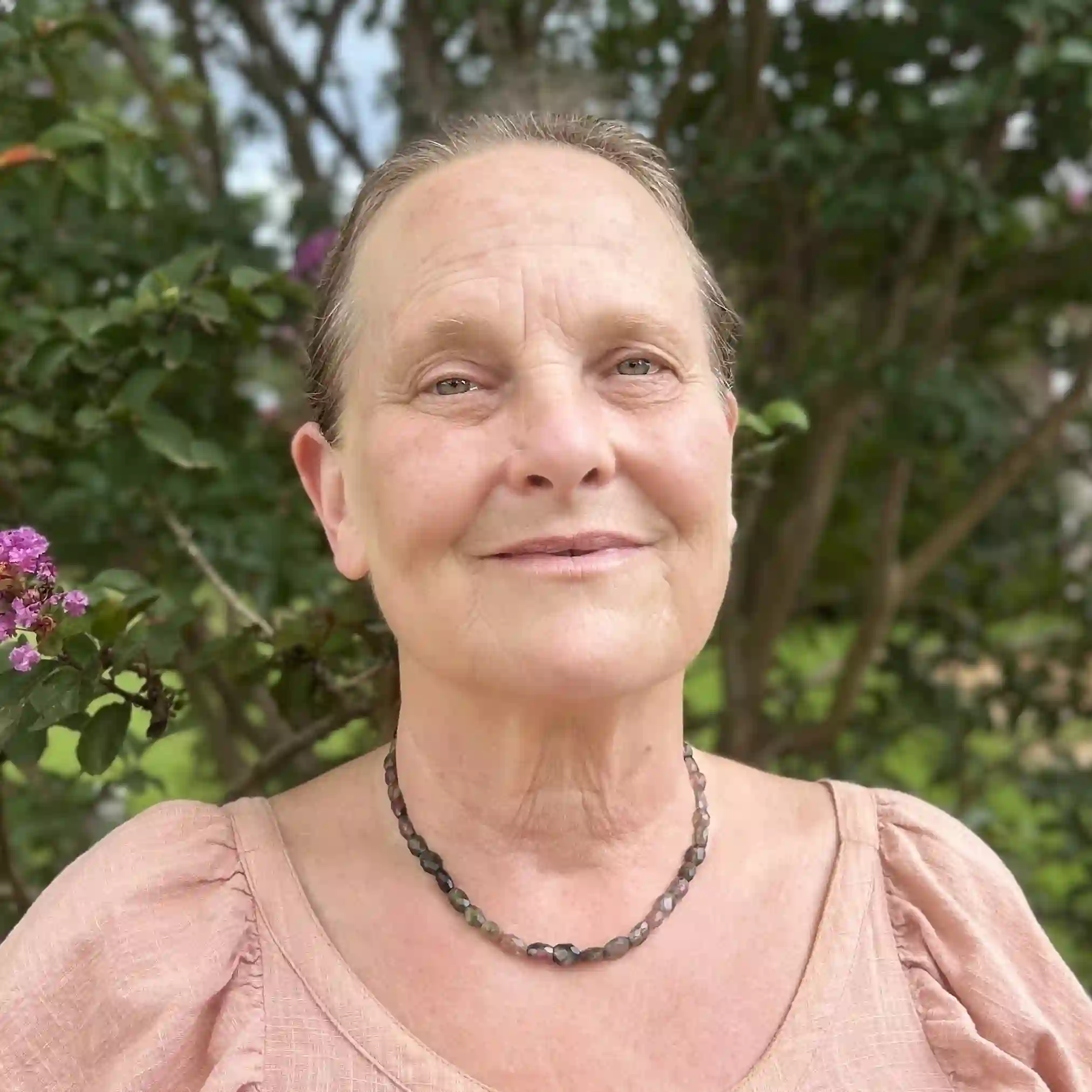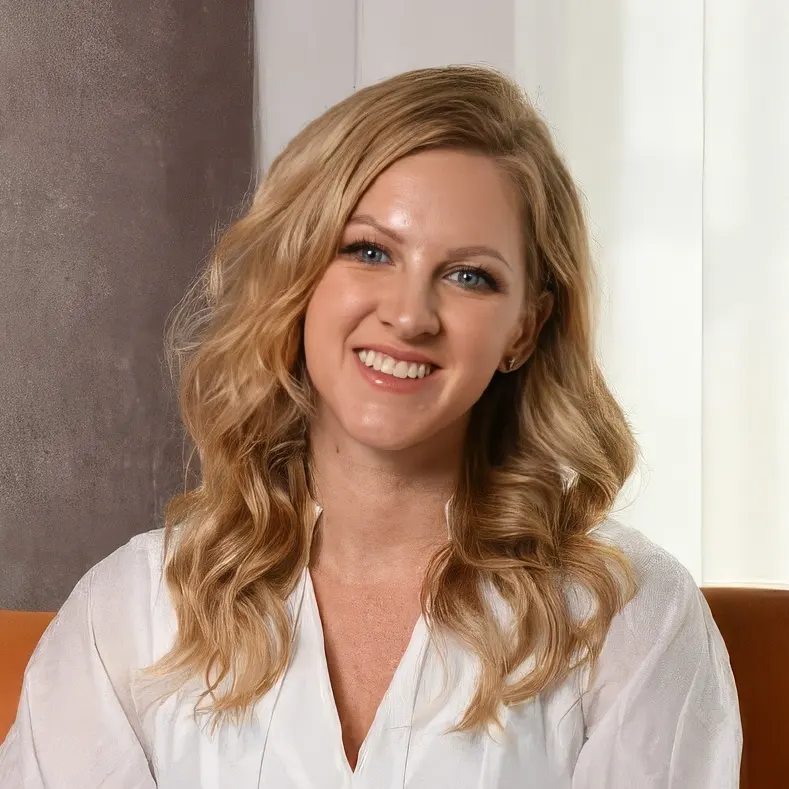Find the right therapist for EMDR therapy in Toronto.
The fastest way to access EMDR (eye movement desensitization and reprocessing) therapy in Toronto. See if an EMDR therapist is the right fit before you book with in-depth therapist videos and bios. Then, instantly schedule a free consultation from the First Session platform.

-Cropped.webp)






.webp)


-Cropped.webp)
.webp)


Helping Every Therapy Seeker Find the Right Fit
Compatibility is the most important factor when choosing a therapist. But finding the right fit isn’t easy. First Session takes the time, guesswork, and emotional labour out of that process.
Assess for fit before you commit
Book directly (and instantly)
Schedule an available session or free consultation right from the First Session platform. No 3rd party intake calls or back and forth emailing required.
Free yourself from the stress of endless searching and switching
Frequently Asked Questions
First Session connects you with EMDR-trained therapists serving Toronto through both in-person and online options. While in-person availability varies, online therapy significantly expands your choices, letting you work with qualified EMDR practitioners regardless of their physical location. EMDR therapy is particularly effective when delivered online, as the bilateral stimulation techniques adapt well to virtual sessions. You can filter by session type and credential to find an EMDR therapist who meets your specific needs and insurance requirements.
Every therapist on First Session has a video introduction, which is especially valuable when seeking EMDR therapy. Since EMDR work addresses trauma and requires significant trust, being able to see and hear your therapist before booking helps you assess whether their communication style and approach feel right for you. We verify all credentials during onboarding to ensure therapists are properly trained in EMDR techniques. Unlike directory listings that only show text profiles, our video interviews let you preview the therapeutic relationship before making a commitment. Learn more about how we vet our therapists.
EMDR therapy involves processing difficult memories and emotions, so finding a therapist you feel comfortable with is crucial. Video introductions let you observe each therapist's communication style, warmth, and approach before your first session. You can hear how they explain EMDR techniques, get a sense of their personality, and determine whether you feel safe opening up to them. This preview helps you make a more informed decision than text profiles alone, reducing the trial-and-error often involved in finding the right trauma therapist.
All therapist credentials are verified during onboarding, including specialized training in EMDR therapy. We confirm that therapists hold valid licenses and have completed recognized EMDR training programs. Each therapist's profile displays their designation and credentials, helping you identify practitioners who meet your insurance requirements. While therapists maintain their professional standing independently, we ensure credentials are legitimate before they join the platform. You can review different therapy credentials to understand how designations relate to insurance eligibility.
Both options are effective for EMDR therapy, giving you flexibility based on your preferences and circumstances. Online EMDR therapy expands your options beyond geographic limits, letting you access specialized trauma therapists who might not practice near you. Many clients find online sessions more comfortable when processing trauma, as they're in their own safe space. In-person sessions offer traditional face-to-face connection. You can filter by session type on First Session to see which therapists offer your preferred format. Learn more about the benefits of each option.
Browse therapist profiles and watch video introductions to find EMDR practitioners whose approach resonates with you. You can filter by credential type, session format (online or in-person), and availability. When you find someone who seems like a good fit, you can book a session directly or request a free 15-minute consultation to ask questions about their EMDR experience and approach. First Session automatically charges your credit card at the time of your session and provides receipts for insurance reimbursement. There's no pressure—take your time reviewing profiles until you find the right match.
You deserve more from therapy.
You made the courageous decision to reach your full potential. Find the right therapist to help get you there, and make the most of the time and money you’re investing in yourself.









.webp)




.jpeg)
.webp)












